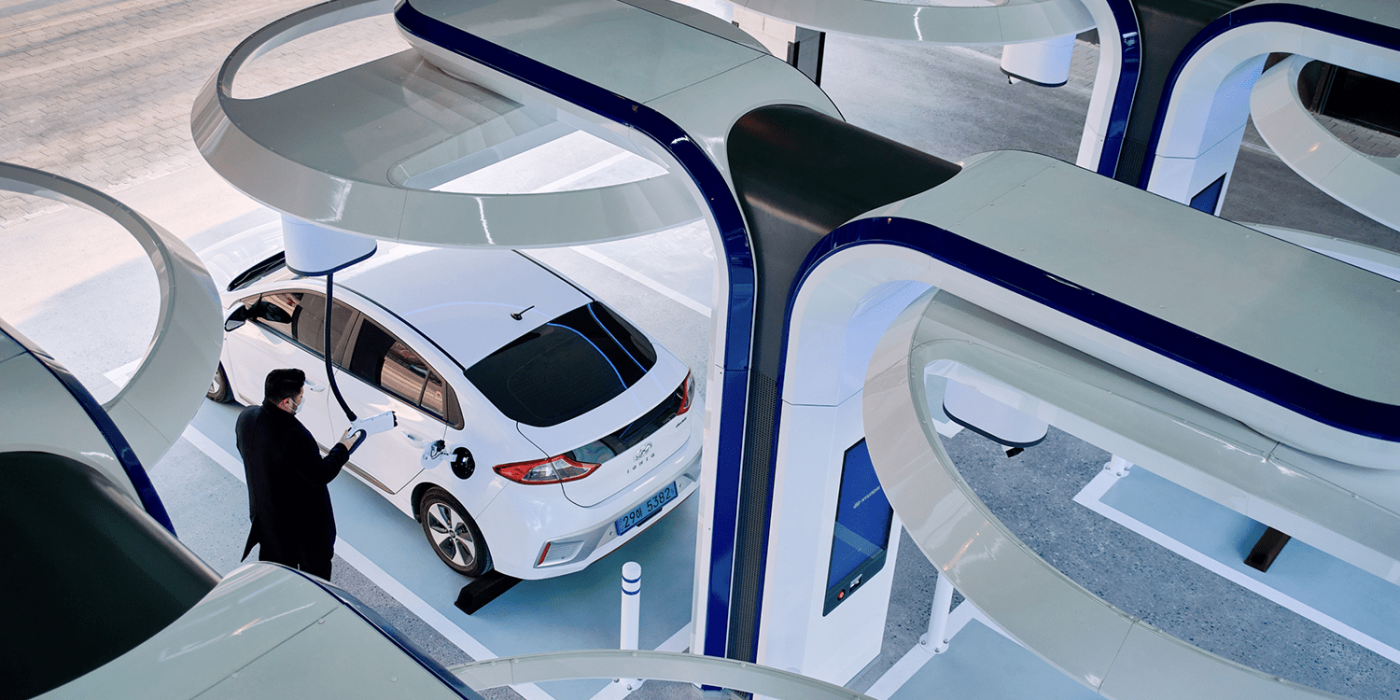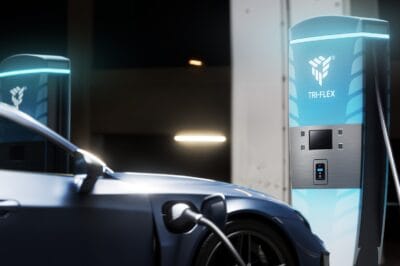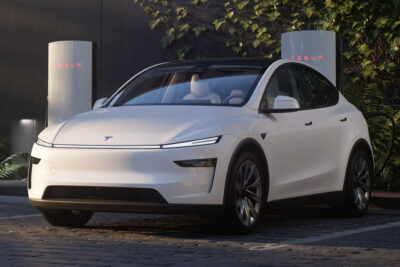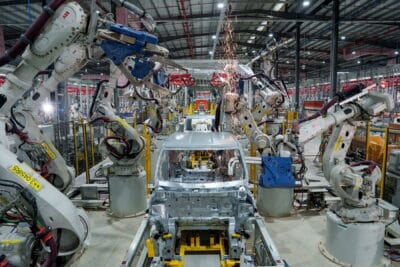South Korea earmarks $10Bn for e-mobility
South Korea has passed a bill aiming for carbon-neutrality by 2050 as well as a large zero-emission transport budget for 2022. The National Assembly accelerated the targets for carbon reduction with the bill while the state aims to spent twelve trillion won ($10.3Bn) in 2022 on e-mobility.
These include incentives for hydrogen and battery-electric vehicles, including charging stations, to be installed across South Korea. The government said it would also offer financial support to reduce coal-fired power plants and internal combustion engine vehicles.
The latter is in line with new CO2 reduction targets to achieve carbon neutrality by 2050. Medium-term, the new bill now passed in the National Assembly called the ‘Climate Crisis Response Act’ mandates a 35% cut in greenhouse gas emissions by 2030 compared with 2018-levels. That target is nine percentage points higher than what the country had previously pledged (from 26%).
“The raised target over 35% by 2030 shows South Korea’s firm commitment to reach net-zero emissions by 2050,” the Ministry of Environment said in a statement quoted by local media. Note, however, this is a non-binding national gas emission reduction pledge.
The 2050-goal, however, goes back to October 2020 when President Moon declared that South Korea would reach said target by pushing for a “hydrogen society” which uses hydrogen as an energy source for transport and power generation in the country.
At the same time, South Korea is also funding battery-electric innovation, at least in e-mobility. In February this year, the government, in close cooperation with the industry, announced the goal to decrease prices for electric cars by the equivalent of at least 7,500 euros by 2025 through innovation. The technological advance was to come through new platforms (think Hyundai-Kia E-GMP) and domestic battery materials and resources. The plans include fuel cell vehicles as well as solid-state batteries.
South Korea wants to increase the number of “environmentally friendly” cars on the roads to 2.83 million by 2025. The country had extended the current purchase subsidy for electric vehicles only in the summer of 2020 for passenger cars until 2024 and for buses and trucks until 2025. However, the bonus is tied to a price cap since January 2021.
spglobal.com (Climate Crisis Response Act)





0 Comments